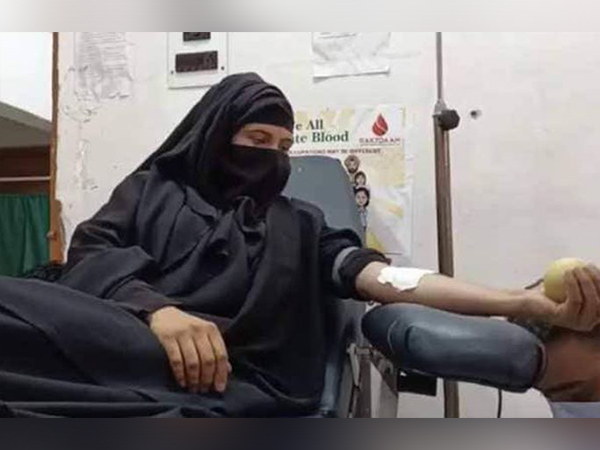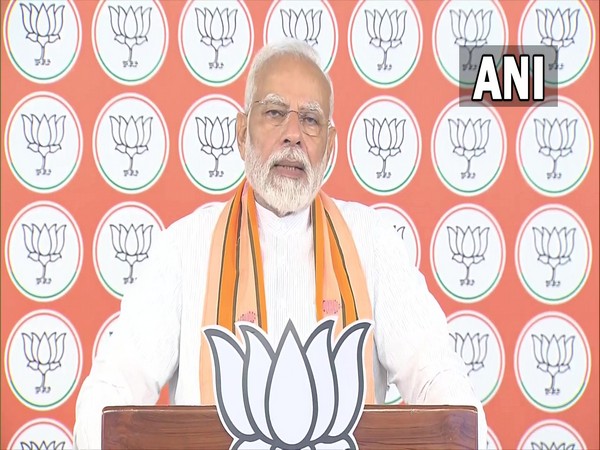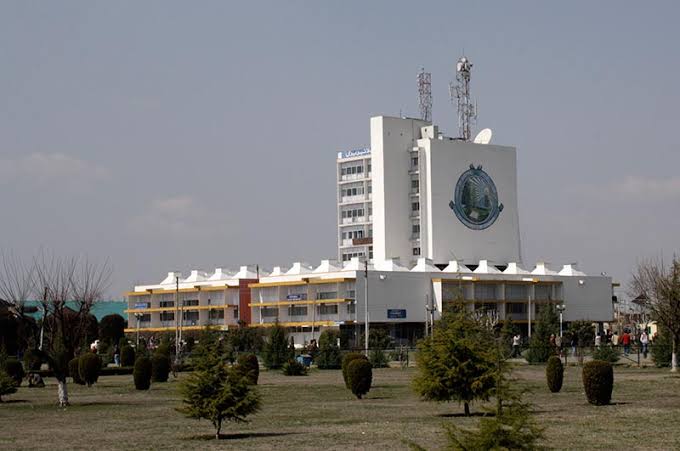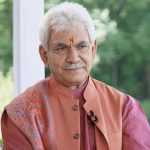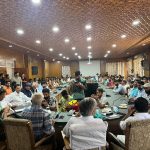A 32-year-old woman Bilqees Ara, an Accredited Social Health Activist (ASHA) worker known as ‘blood woman of Kashmir’ has set an example for people across the Valley by donating blood 28 times since 2012, according to reports.
Bilqees who hails from Handwara Tehsil of North Kashmir’s Kupwara district said that she understands the importance of blood. “I feel privileged and proud to be the savior of many patients in Kashmir valley,” she said.
“I have seen people crying helplessly while trying to get blood to save their loved ones but I am proud of myself because
I have arranged blood for them too. After that I was feeling an inner joy,” she said, adding that her only wish now is that all women should do the way she is doing it.
A mother of three children, Bilqees has said that once her child who was ailing in a hospital needed blood and she donated that time too.
“I have donated blood to the needy including accident victims, pregnant ladies and other patients in almost every hospital in North Kashmir, besides, whenever I had the opportunity, I would donate blood at Srinagar Hospitals,” she said, adding that in her area people know her as ‘Blood Woman of Kashmir’.
She said that she felt inner solace on all 28 times she had donated blood.
“I am a registered blood donor, whenever a need arises the officials at Blood Bank at Handwara hospital call me and within the shortest span of time I make myself available to donate blood,” she said.
Giving advice to the people, Bilqees said that people should come forward for it because it makes you feel better mentally as well as physically. Along with herself, she has so far motivated hundreds of people to donate blood, besides organising many blood donations camps at several places.
Bilqees, wife of a teacher who also is a regular blood donor, says that she is proud to be doing it.
“Women should come forward and do this as there is nothing to be afraid of. This is to be done for the society,” she said, adding that she wondered who else would do it if she refused. If a person has blood and courage, why can’t he give it to someone else in a time of need? she asked.
According to World Health Organisation (WHO) Global Database on Blood Safety (GDBS) 2011, 90 per cent of blood donors in India were men and only 10 per cent were women.
WHO had previously indicated that India reported the greatest increase in blood donors from 3.6 million in 2007 to 4.6 million in 2008. There are no figures for the subsequent years.
In India, anyone above 18 years of age is allowed to donate blood as long as they fulfil certain physical and health criteria. While men can donate blood safely once in every three months, women can donate every four months, according to experts.
The World Health Organization recommends that donation by 1 per cent of a country’s population would suffice for its blood needs. A 2019 report referred to a study by The Lancet that said India battled a shortfall of 41 million units, and that was well before Covid.
Data shows that women make for more than 40 per cent of blood donors in 25 countries, among them Australia, Azerbaijan, Estonia, Georgia, Moldova, Mongolia, New Zealand, Portugal, Swaziland, and Thailand. (ANI)


